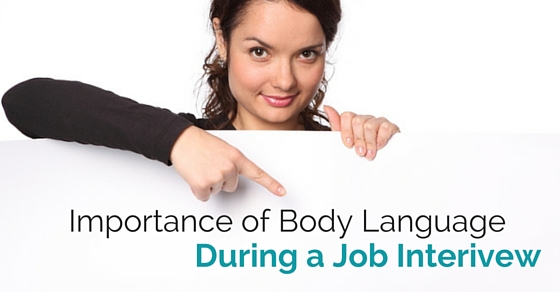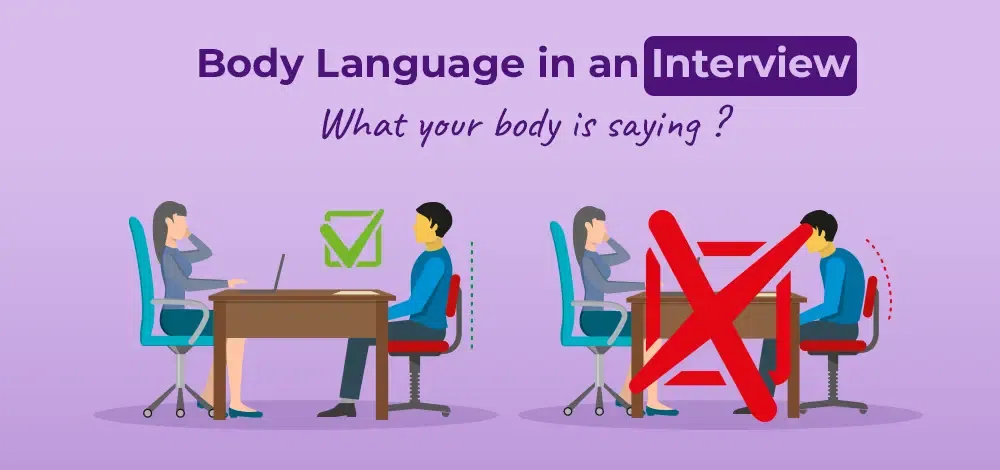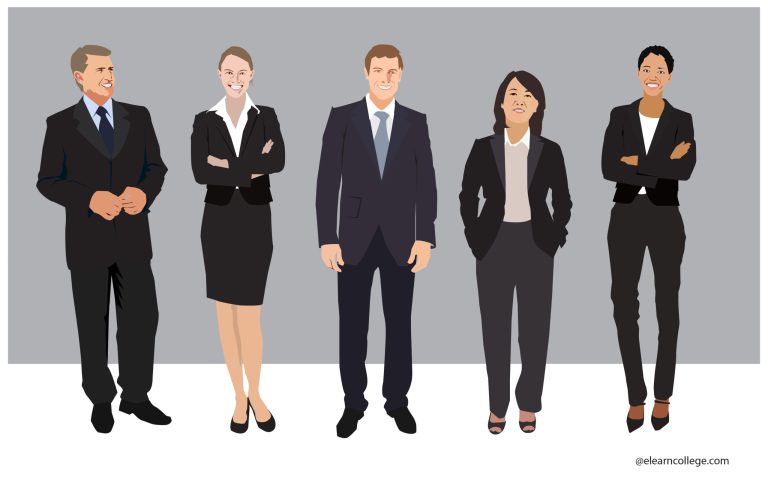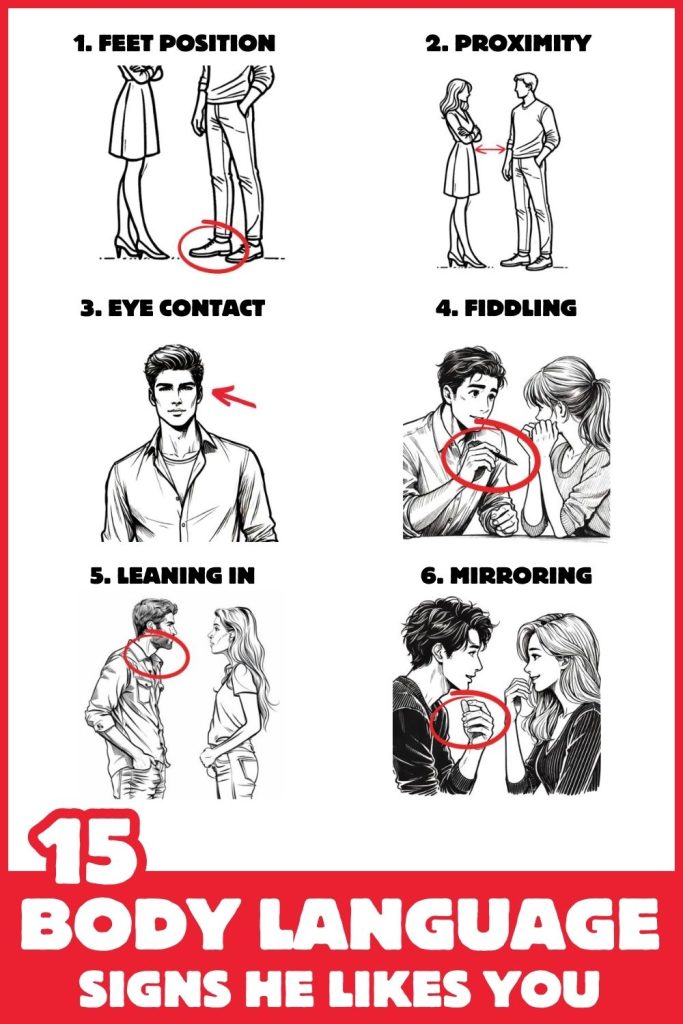What is the Significance of Body Language During an Interview
Body language plays a crucial role in job interviews. It can influence your chances of success.
Understanding body language is key to making a great impression. During an interview, your posture, gestures, and facial expressions speak volumes. They convey confidence, interest, and professionalism, often more than words. Employers notice these non-verbal cues to assess your suitability for the role.
Positive body language can boost your credibility, showing that you are engaged and enthusiastic. On the other hand, negative signals may suggest disinterest or nervousness. By mastering your body language, you can communicate more effectively and increase your chances of landing the job. In this blog post, we’ll explore why body language matters and how you can use it to your advantage.

Credit: www.linkedin.com
Introduction To Body Language
Body language plays a crucial role in interviews. It helps convey confidence and interest. Eye contact shows you are engaged and trustworthy. A firm handshake can create a strong first impression. Smiling often makes you appear friendly and approachable. Proper posture demonstrates confidence and attentiveness.
Non-verbal cues are vital in communication. They include gestures, facial expressions, and posture. These signals can express feelings without words. Crossed arms might suggest defensiveness. Nodding shows agreement and understanding. Fidgeting may indicate nervousness or discomfort. Understanding these cues helps in better communication.

Credit: www.linkedin.com
First Impressions
Body language plays a crucial role in interviews. It conveys confidence and interest. Maintaining eye contact and good posture can leave a positive impression.
Handshake
A firm handshake can show confidence. A weak handshake might feel unsure. Eye contact during a handshake is crucial. It shows respect. Avoid sweaty palms. Keep your hands dry and clean. A firm handshake can set a positive tone.
Posture
Good posture makes a big difference. Sit up straight. Do not slouch. It shows you are alert and interested. Keep your feet flat on the floor. Avoid crossing your arms. This can seem defensive. Good posture can make you appear confident and ready.
Confidence Indicators
Eye contact shows you are paying attention. It makes you look confident. Avoiding eye contact can seem nervous. Look at the interviewer often. Don’t stare. Break eye contact naturally. This balance is key.
A smile can make you seem friendly. A relaxed face shows calmness. Frowning might look like you are worried. Keep your expressions positive. Nod to show understanding. Avoid looking bored.

Credit: content.wisestep.com
Gestures And Movements
Hand gestures can tell a lot about you. They show your confidence and interest. Keep your hands visible and relaxed. Avoid crossing your arms or fidgeting. Small, open gestures are best. Pointing fingers or making fists can seem aggressive. A friendly wave or a thumbs-up can be positive.
Body movements are key in interviews. Sit up straight to show you are alert. Leaning slightly forward shows interest. Avoid slouching or leaning back. Eye contact is important too. It shows you are engaged. Nod your head to show you are listening. Avoid too much movement, it can be distracting. Stay calm and composed.
Listening Skills
Nodding shows you are paying attention. It also means you understand. Interviewers like to see this. It makes them feel you are listening. Small, frequent nods work best. Do not overdo it. It should look natural. Nod when the interviewer makes a point. It shows you are engaged. This can make a good impression.
Leaning in shows interest. It tells the interviewer you care. Lean in slightly, not too much. This body language is key. It helps build a connection. Interviewers notice this. It also makes you look confident. But do not invade personal space. Keep it balanced. A slight lean is enough.
Dress And Appearance
Wearing professional attire shows respect and seriousness. It can make a strong first impression. Choose neutral colors like black, gray, or navy. Avoid bright and flashy clothes. Your outfit should be clean and well-fitted. Wrinkles and stains can look unprofessional. Also, make sure your shoes are polished.
Proper grooming is essential. Clean and comb your hair neatly. Trim your nails and ensure good hygiene. Avoid strong perfumes or colognes. Too much can be distracting. Your face should be clean-shaven or beard trimmed well. Keep makeup simple and natural. Minimal jewelry is preferred. You should look tidy and well-kept.
Avoiding Negative Signals
Fidgeting can make you look nervous. It can distract the interviewer. Try to keep your hands still. Place them on your lap or the table. This shows you are calm and confident. Focus on your breathing. Deep breaths can help. Small movements are okay. Just avoid constant fidgeting.
Crossed arms can seem defensive. It can make you look closed off. Keep your arms open. Rest them by your sides. This makes you look more open and friendly. It shows you are ready to listen. Try to smile as well. Smiling helps you appear approachable. Open body language is key.
Cultural Variations
Body language differs across the world. In Japan, bowing shows respect. In the US, a firm handshake is important. In many Asian countries, avoiding eye contact shows respect. In Western cultures, eye contact shows confidence. Learning these differences is key for interviews.
Respectful gestures vary by culture. In India, a slight bow with hands together is respectful. In Greece, showing an open palm can be offensive. In some Arab countries, using the right hand is important. Understanding these gestures can make a good impression.
Practical Tips
Mock interviews are very useful. Practicing with a friend can help. You can get used to common interview questions. Your friend can give feedback. This way, you can improve your body language. Keep your posture straight. Maintain good eye contact. These small things matter a lot. They show you are confident. They show you are interested.
Frequently Asked Questions
Why Is Body Language Important In Interviews?
Body language conveys confidence and professionalism. It can affect first impressions. Positive body language helps build rapport with the interviewer.
How Can Body Language Affect Interview Outcomes?
Positive body language can make you appear more confident and engaged. This can increase your chances of success.
What Are Some Positive Body Language Tips?
Maintain eye contact, sit up straight, and use hand gestures naturally. Smile to convey warmth and confidence.
Can Body Language Reveal Nervousness?
Yes, fidgeting, avoiding eye contact, and slouching can signal nervousness. Practice to minimize these behaviors.
Conclusion
Understanding body language is crucial during an interview. It speaks volumes. A firm handshake shows confidence. Good posture displays attentiveness. Eye contact builds trust. Smiling creates a positive vibe. Avoid fidgeting; it shows nervousness. Practice these tips. Impress your interviewer.
Body language can make or break your chance. So, be mindful. Every gesture counts. Make them work in your favor. A successful interview involves more than just words. It’s about how you present yourself. So, use body language to your advantage.
Nail that interview!


